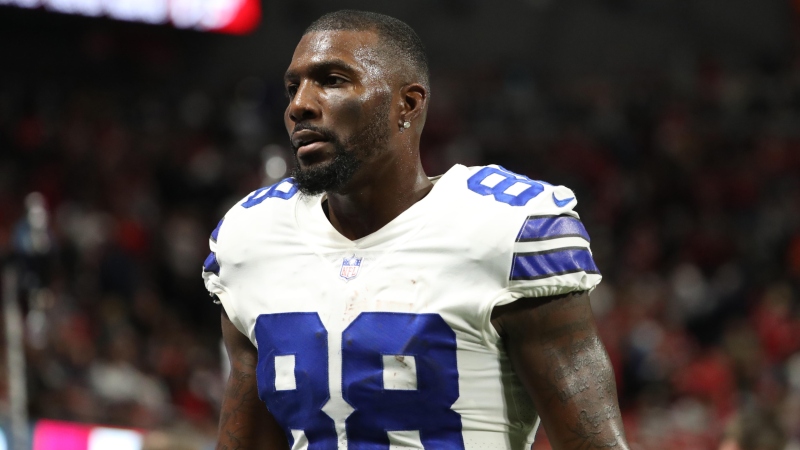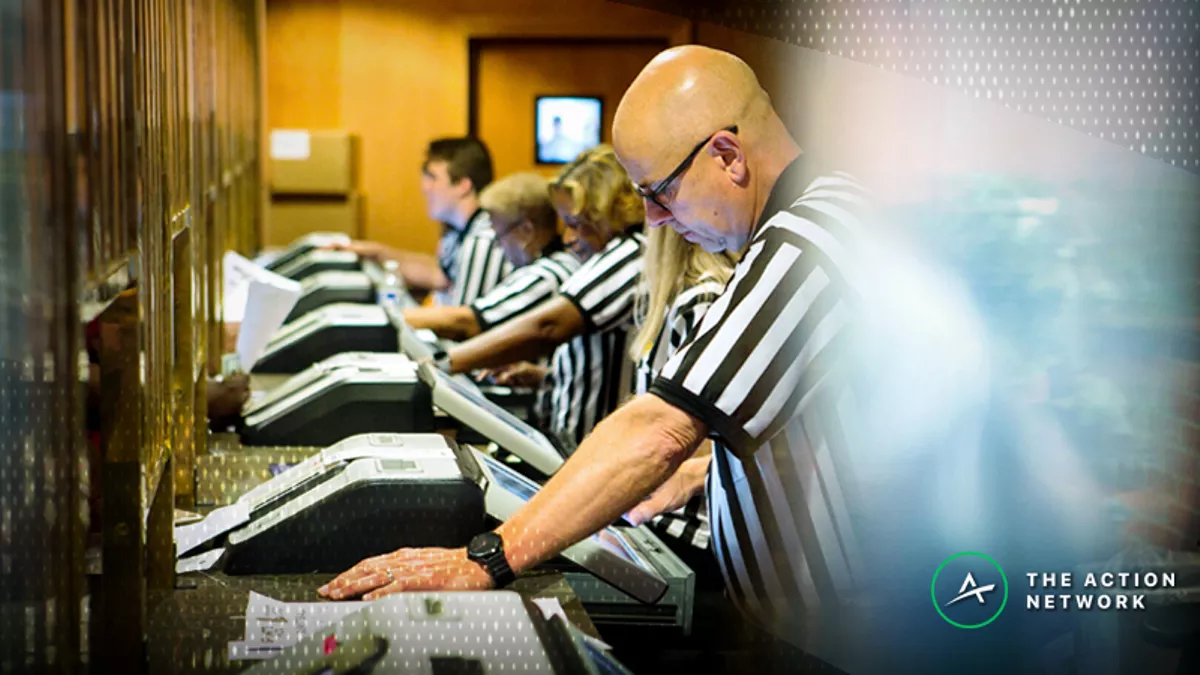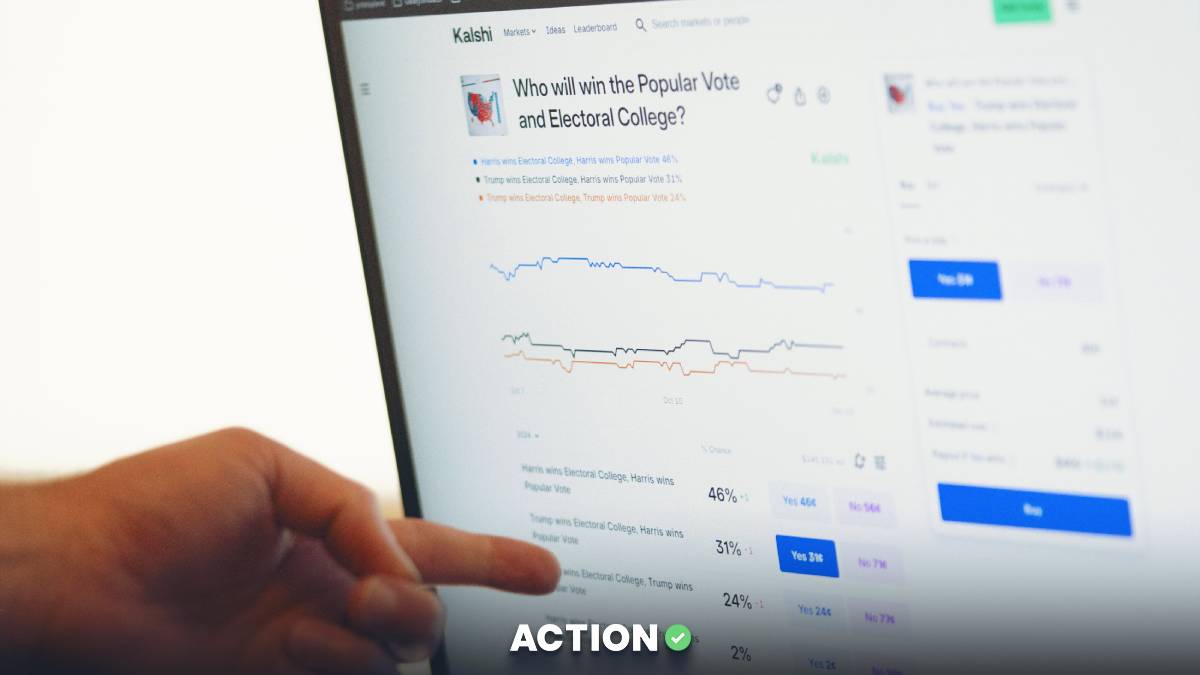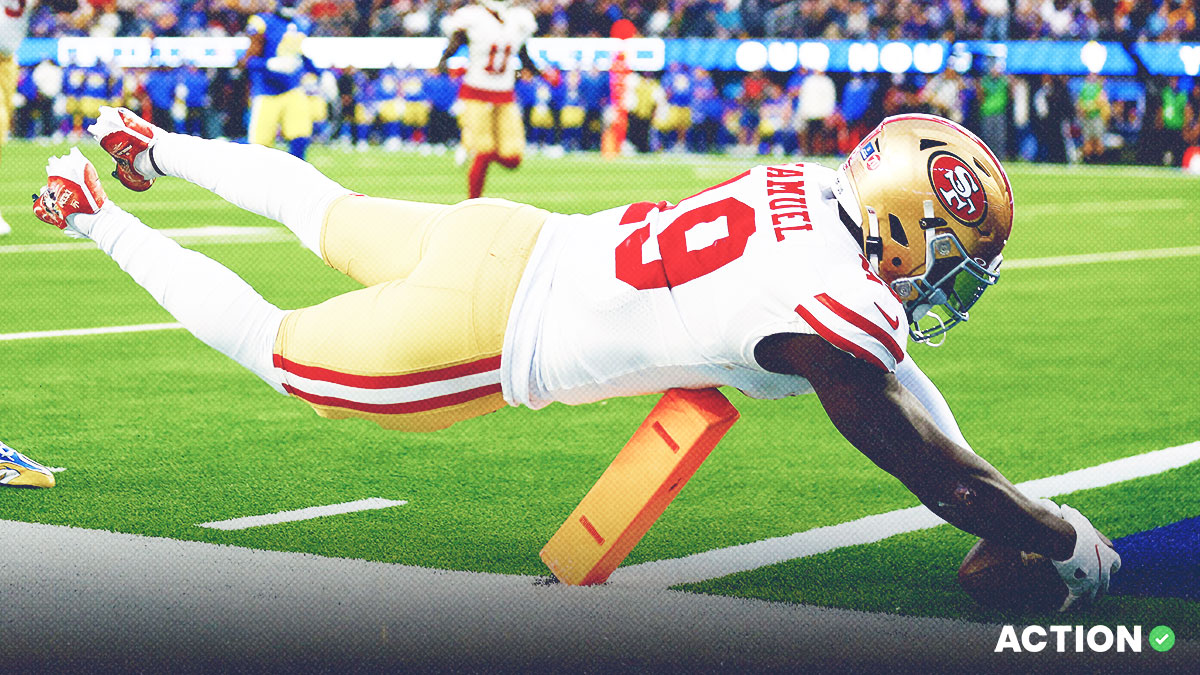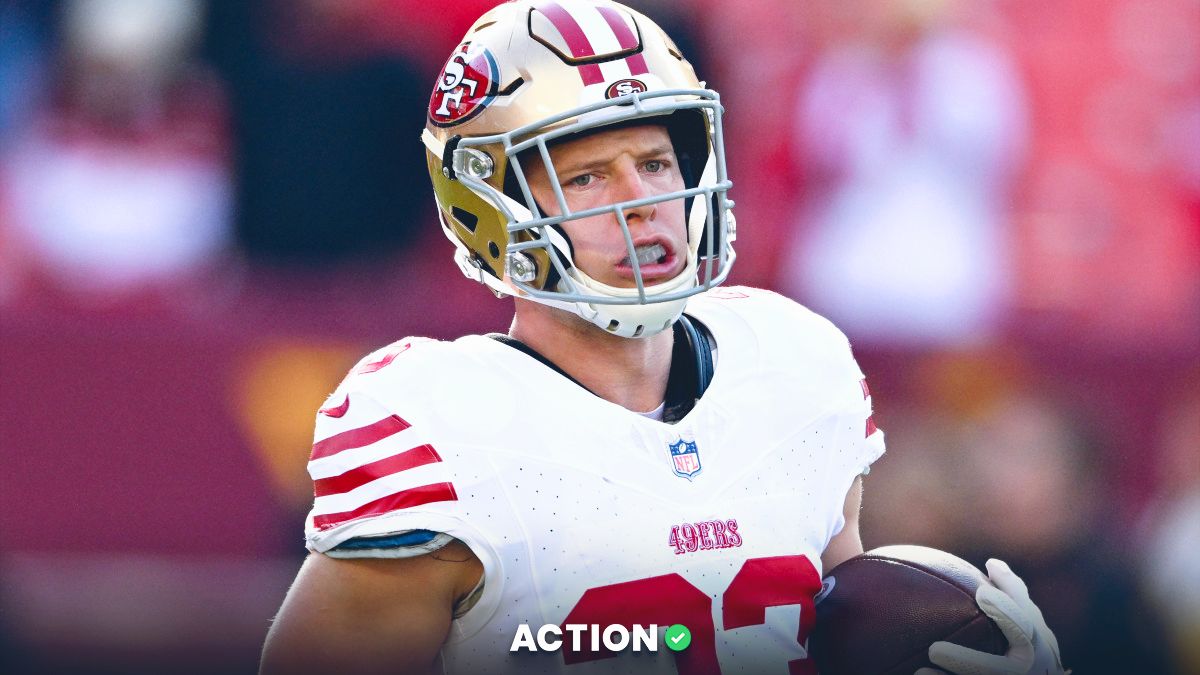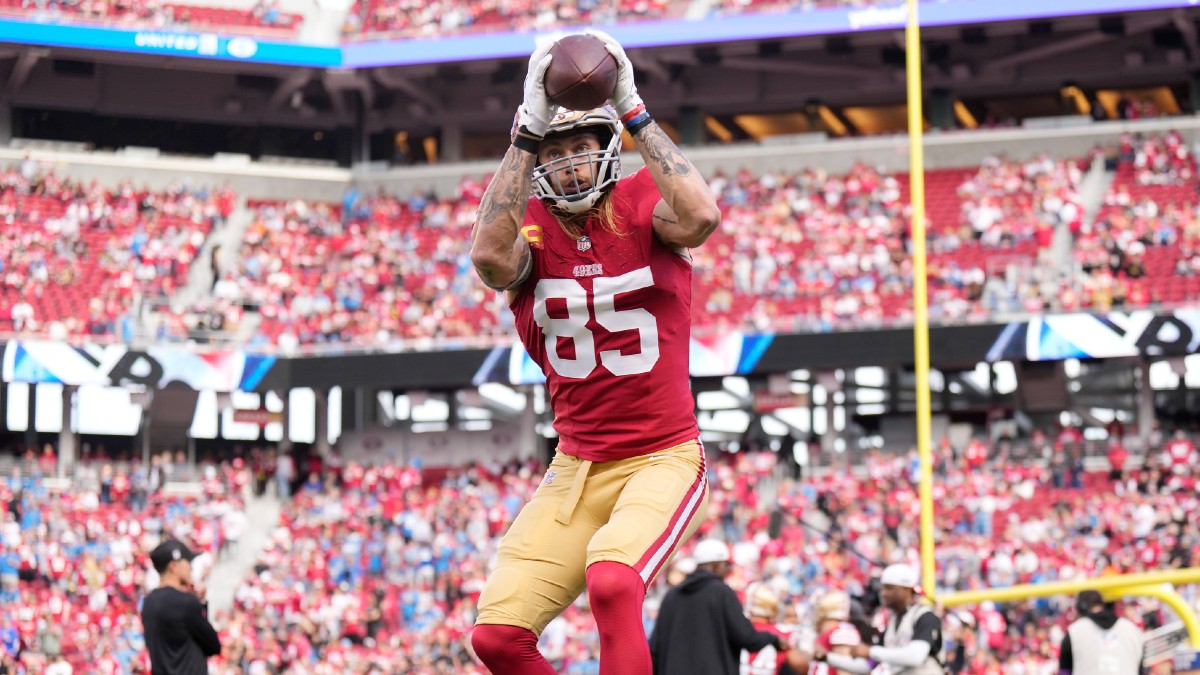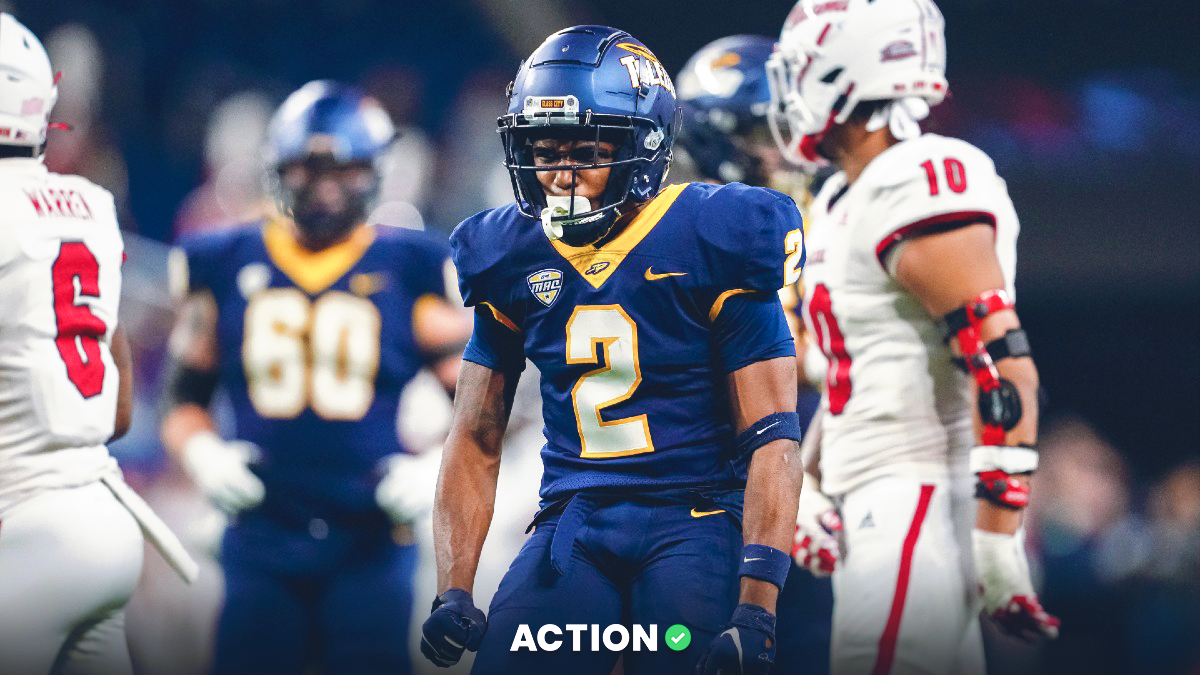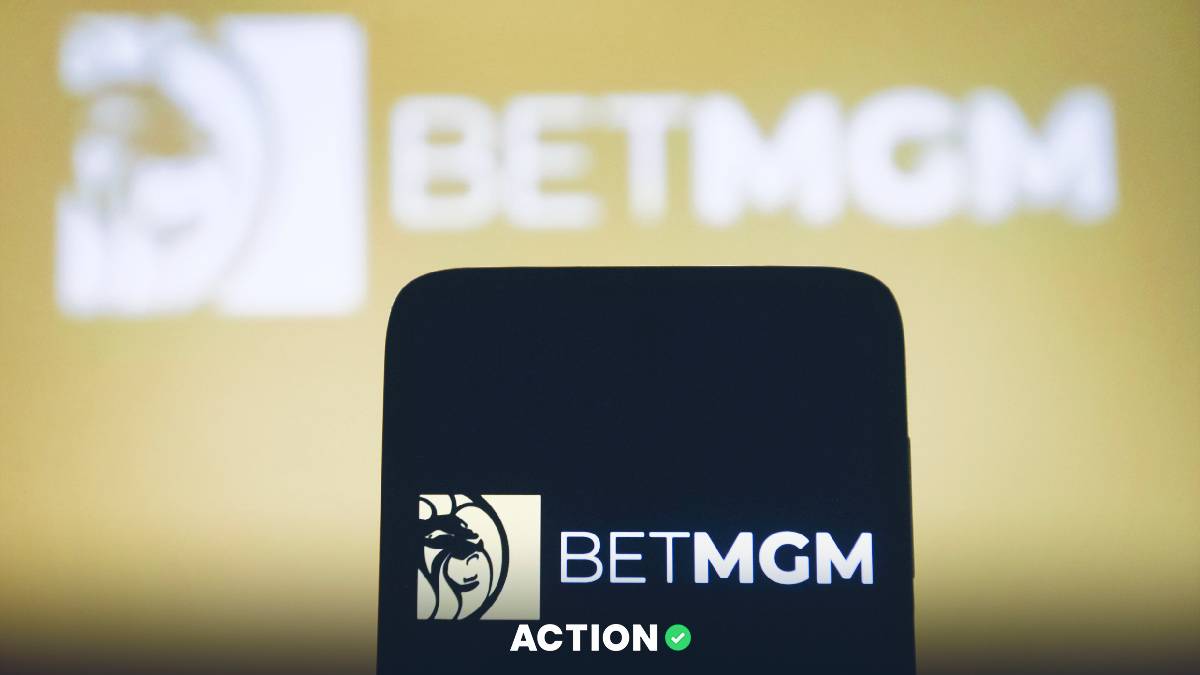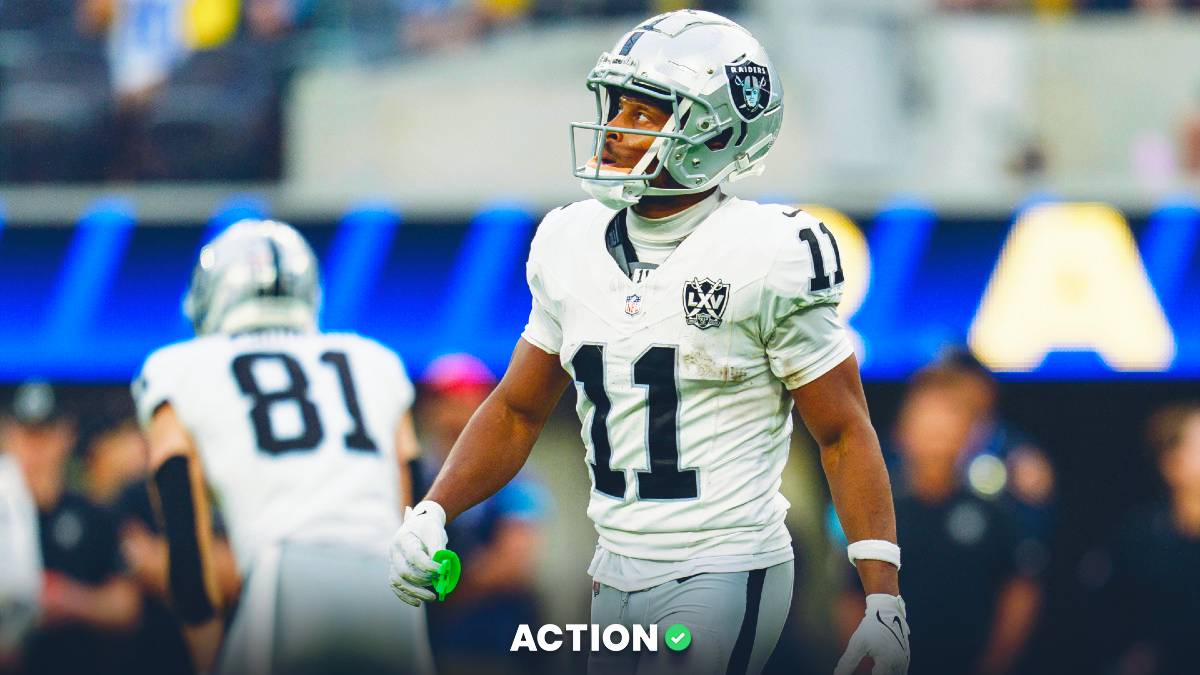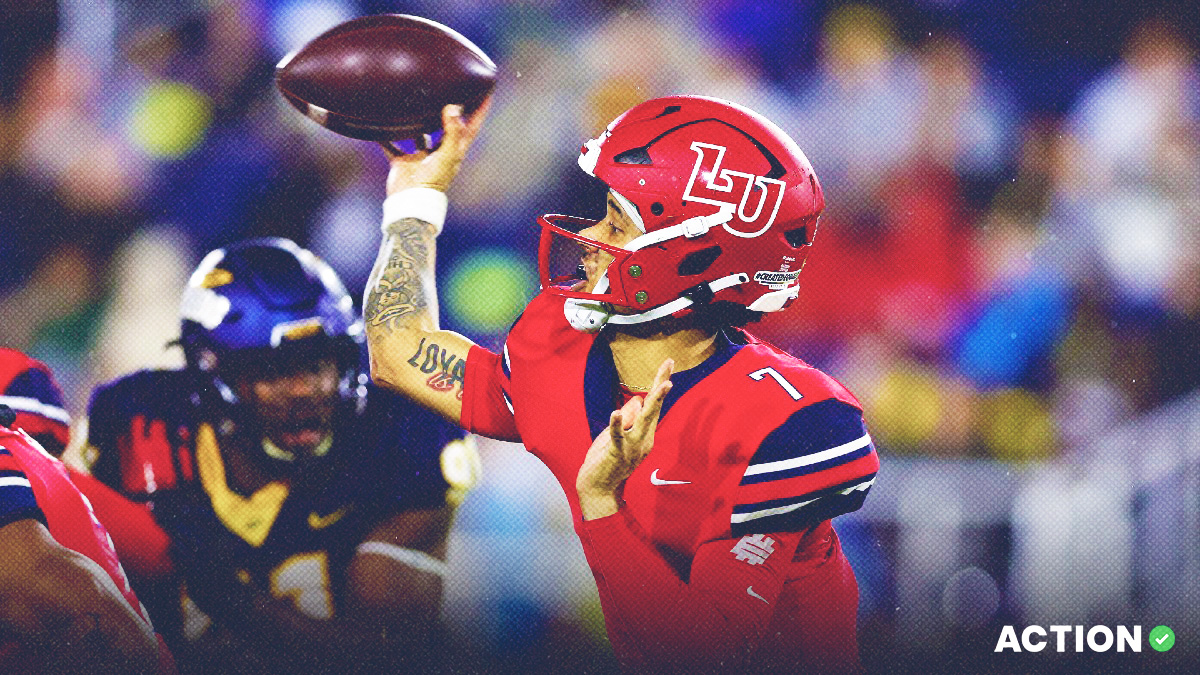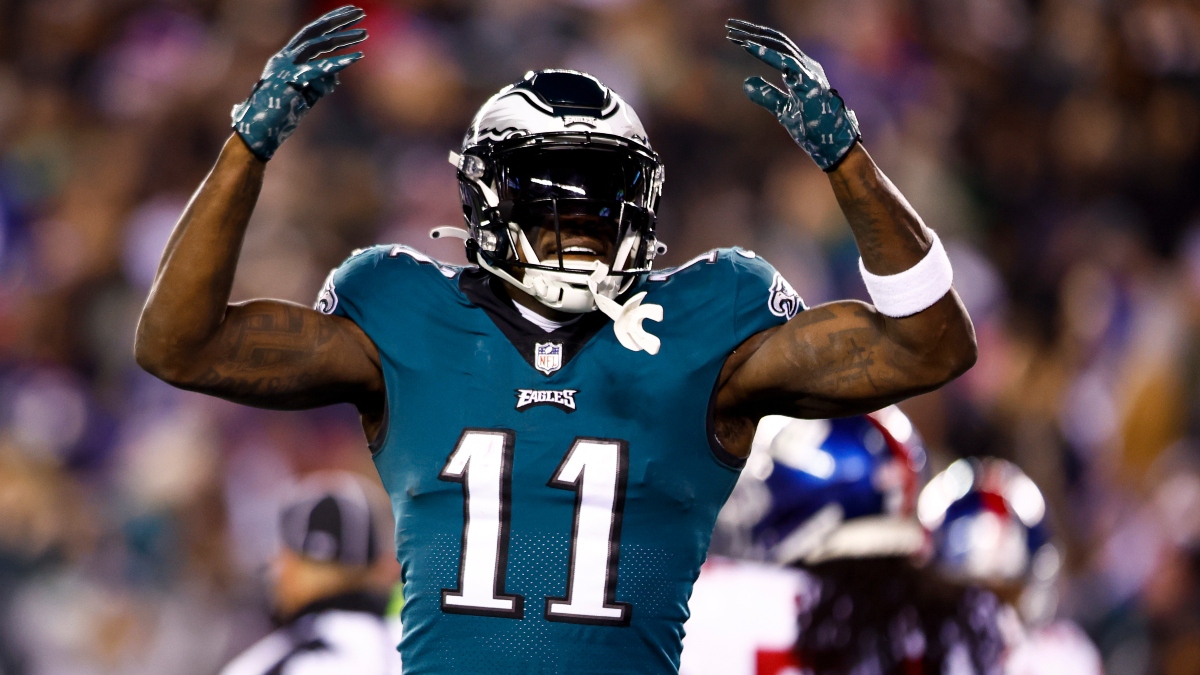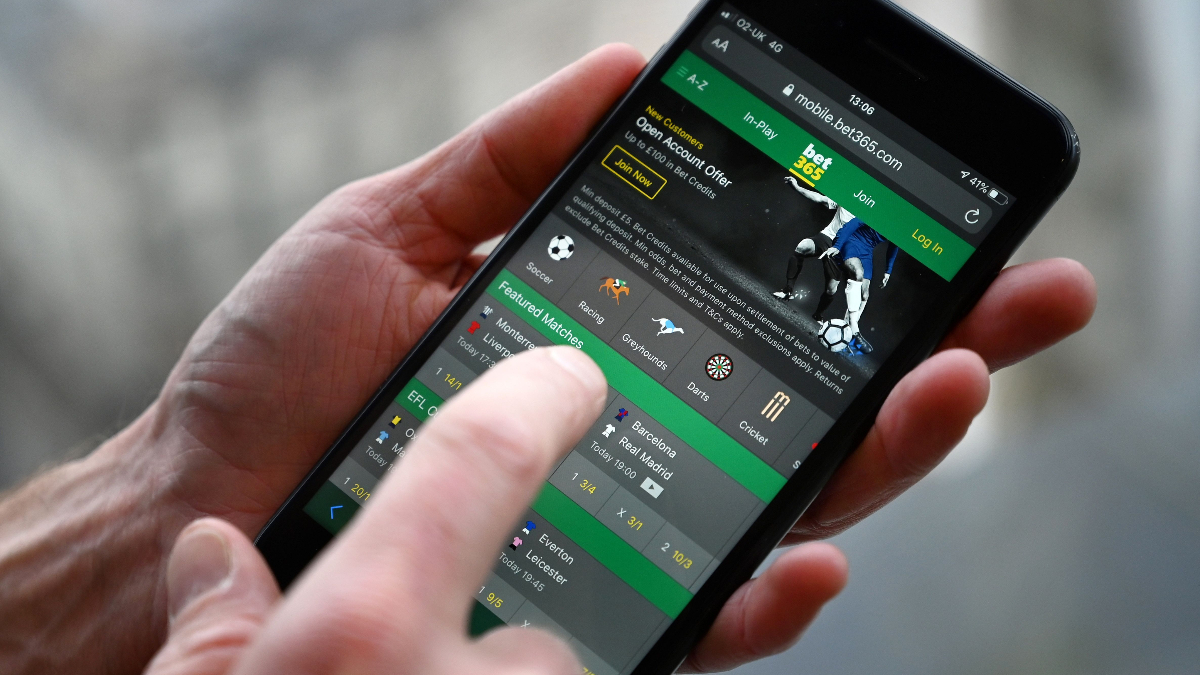Way back when I was in my prime — before all the sex and drugs blogging and data collection — I wrote some books. The Fantasy Sports for Smart People collection is the best-selling fantasy sports and DFS book series of all time. Is that actually true? I don’t know. And if I don’t know, you don’t know, which means I can just say it.
I have maybe a million words of content that I wrote in such a way that it mostly holds the same value now as it did when I first put fingertips to keyboard. No guarantees on the actual quality — just that it’s about the same.
I’ve always been interested in public psychology and how it affects our perception and the ways in which we process information — and, more specifically, how to exploit inefficiencies in the ways people think to make real American doll-hairs. So I’m going to post some excerpts from my books — mostly centered around cognitive biases — that I think should be useful for both fantasy sports players and bettors heading into the NFL season.
Without further ado, The Jonathan Bales List of Psychological Biases to Avoid for Grown-ups That Can’t Gamble Good and Want to Do Other Things Good Too . . .
Availability Heuristic
The tendency to overestimate the likelihood of events with greater "availability" in memory, which can be influenced by how recent the memories are or how unusual or emotionally charged they may be
Football is the ultimate sport of emotion. Whereas it’s a pretty nice brag to be able to say you once sat through an entire game of baseball and even watched some of it, everyone loves to sweat football.
This creates a really interesting dynamic for DFS players and bettors because, on the one hand, watching the games can potentially have a lot of value, but on the other, we’re really susceptible to emotion-fueled biases. Big plays stand out in our minds, and recent performance is naturally weighted more than it should be.
A lot of this boils down to the film vs. analytics debate. What should we trust more: Our eyes or the data? In a sport like baseball, the numbers have pretty much won out. There’s not a ton of information you can take from watching a game of baseball and utilize in an actionable way; you’re so likely to get fooled by randomness and things you think you see that are just noise. You could even argue that watching baseball is detrimental to your efforts as a daily fantasy baseball player or bettor simply because it’s very challenging — impossible, perhaps — to shut off our natural biases. When you see a slugger go 3-for-4 and crush every ball, it’s difficult to not think, “Man, he’s really swinging the bat well.”
Football isn’t standardized in the same way as baseball, though. Whereas baseball is a binary pitcher-versus-batter matchup, football is extremely chaotic and lacks the same sort of uniformity. Some teams run a zone-blocking scheme, while others run man. Some defenses use one cornerback to shadow the opponent’s top receiver, while others keep their secondary more or less stationary. Since football is such a holistic game, injuries can have a monumental impact on how teams function; take Odell Beckham Jr. out of the Giants offense and watch the shift in the dynamic of how they operate.
Knowing these things is important, and thus the onus is on DFS players and bettors to watch the game and collect information that can supplement the data. It means not blindly trusting models, but it also means being aware of our biases and figuring out smart ways to overcome them.
>> Follow Jonathan Bales in The Action Network App to get free alerts on all his football bets during the season.
How to Overcome/Exploit It
This is sort of a big one — more or less figuring out how to weight what you think to be true — so “how to overcome it” is sort of what my book is all about: How to balance analytics with less quantifiable or situation-specific information, when to have confidence in the numbers, when to trust your intuition and ultimately how to let data influence your 'gut' so you can most effectively combine the subjective and objective to optimize your decision-making.
Truthfully, a lot of this comes through experience. Sometimes a quarterback’s adjusted net yards per attempt over the past month is important, and sometimes not. Sometimes a team’s Vegas implied point total is important, and sometimes not.
The key to progressing as fast as possible as a player — the keystone of your DFS and betting evolution — is questioning everything. Think not only about what your model or experts are telling you, but why and if it holds water. Then track who’s right.
One little thing I like to do as I research for football throughout the week is create a list with some predictions — mainly those on which I think I might disagree with the crowd a bit — along with why I think I’m right. “Odell Beckham will have a big week against the Jaguars because he‘s good and they suck” isn’t what I’m talking about. More like, “Jalen Ramsey’s presence won’t hurt Beckham an incredible amount — even though others are avoiding the matchup — because the Giants have shown a willingness to place Beckham in the slot recently and Ramsey has been staying outside.”
The prediction is part of the equation, but the justification for the prediction is just as important. You can be wrong, but for the right reasons. Actually, you’ll often end up being 'wrong' even when you made a smart decision; poker players come to learn this very quickly when an opponent sucks out on them. Similarly, you can be 'right' for the wrong reasons.
The choices you make and the lineups you create are either good or bad the moment they’re finalized; although we use the games to keep score, the results alone don’t determine the value of your decisions.
>> Sign up for The Action Network's daily newsletter to get the smartest sports conversation delivered into your inbox each morning.
Here’s an example of when I thought I made a decision for the right reasons, but it didn’t work out.
During the 2014 season, Dez Bryant decimated the Giants in two matchups, catching 16 of 22 targets for 237 yards and two touchdowns. I faded him in both games.
My reasoning: In the three seasons prior, the Giants defended Bryant very well by playing Cover 2 Man-Under with two deep safeties over top with man coverage underneath. It was unbelievable how often they utilized the ultra-safe coverage — well over half of the Cowboys’ offensive snaps — and it was a really smart decision.
The ways to beat a coverage like Cover 2 Man-Under are 1) run against it, 2) attack the middle of the field and 3) stretch the defense horizontally. With two safeties deep, any receiver who runs downfield is effectively running into a double-team.
The Cowboys historically struggled against the defense, primarily because they never moved Bryant into the slot or ran him across the field on routes like slants, drags and so on. By doing that — especially out of bunch formations that create natural picks against man-underneath coverage — Dallas could have effectively got Bryant in one-on-one situations. In the three seasons prior, Bryant caught 29 of 50 targets for 453 yards and one touchdown in six games against the Giants.
Well, in 2014, Jason Garrett and the Cowboys finally evolved (well, as much as Garrett is capable of evolving) and started to attack the Giants in the right way, specifically by moving Bryant across the field way more often. One small change resulted in his per-game line against the G-Men jumping from 4.8 catches on 8.3 targets for 75.5 yards and 0.17 touchdowns to 8.0 receptions on 11.0 targets for 118.5 yards and 1.0 touchdowns.
I probably should have adjusted in the second game of the season — I didn’t think the Cowboys would be smart enough to continue what worked in the first matchup or that the Giants wouldn’t adjust — but I do think I made the right call at least in the first matchup of the year with the information I had, which unfortunately didn’t include the Cowboys’ game plan.
Now, what if I made the same decision to fade Bryant, but the reasoning was that he had struggled recently against the Giants? That’s not really a great justification — players struggle against teams all the time for no reason other than variance — so I could make the exact same decision twice and, based on my reasoning, it could be a sharp decision in one instance and a dumb one in the other.
I’m going on at length because the rationale behind the choices you make is so important, especially in a sport like football in which we don’t see 'the long run' like we do in baseball and thus can’t always trust that results reflect underlying probabilities.
Make predictions, record why you think what you do and then revisit your predictions after games to determine if you still think you made smart choices and, if not, where you went wrong. This process is one giant step in overcoming the availability heuristic and ultimately progressing as fast as possible in becoming a more profitable DFS player and bettor.


